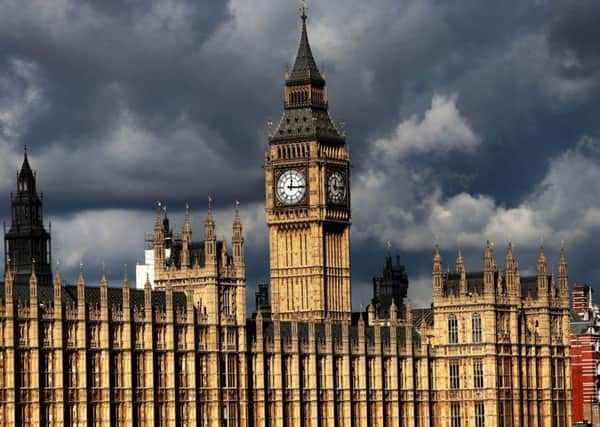MPs call for a million people to tackle invasive species


It is estimated that between 36 and 48 new invasive species will become established in the next 20 years in Britain, and slowing the rate of the arrival of invasive species is the first priority to prevent their establishment, according to a report by the Environmental Audit Committee.
MPs said they were impressed by New Zealand’s approach to train 150,000 people in biosecurity by 2025, and said the Government should significantly expand its approach to public engagement to reach more than a million people to help identify invasive species and respond to biosecurity outbreaks.
Advertisement
Hide AdAdvertisement
Hide AdThe term Invasive non-native species (Inns) describes those species that have been directly moved as a result of human activity.
Mary Creagh, chair of the Environmental Audit Committee, said: “Inns is one of the UK’s top five threats to the natural environment. If we’re to beat this, we need people power with an army of volunteers trained to spot and stop an invasive species before it becomes established.
“We’re witnessing changes, from climate change, that put the future of our natural landscape at risk.
“Oak Processionary Moth caterpillars can strip an oak tree bare as well as posing a hazard to our own health. We face losing half of the UK’s native ash trees to ash dieback within a century costing £15 billion.
Advertisement
Hide AdAdvertisement
Hide Ad“New regulations to halt their progress are welcome but they are too little, too late.
“Government funding to tackle invasive species is tiny and fails to match the scale of the threat.”
The report calls on the Government to train 1.3 million volunteers to identify and respond to outbreaks of invasive species, to establish a dedicated border force by 2020 to improve biosecurity at UK borders, and to ban imports of problem species before they present a risk to the UK.
It also calls on the Government to set up a rapid response emergency fund to enable agencies to tackle a threat before it becomes out of control, and to increase funding to Non-Native Species Secretariat to £3 million a year.
Advertisement
Hide AdAdvertisement
Hide AdA Defra spokesman said: “Invasive non-native species not only challenge the survival of some of our rarest species but damage our natural ecosystems as well as costing the economy more than £1.7 billion per year.
“We are committed to being leaders in tackling invasive species, and our 25 Year Environment Plan commits us to enhancing the biosecurity of the country even further.
“We welcome the EAC’s report and will now carefully consider its findings and recommendations.”